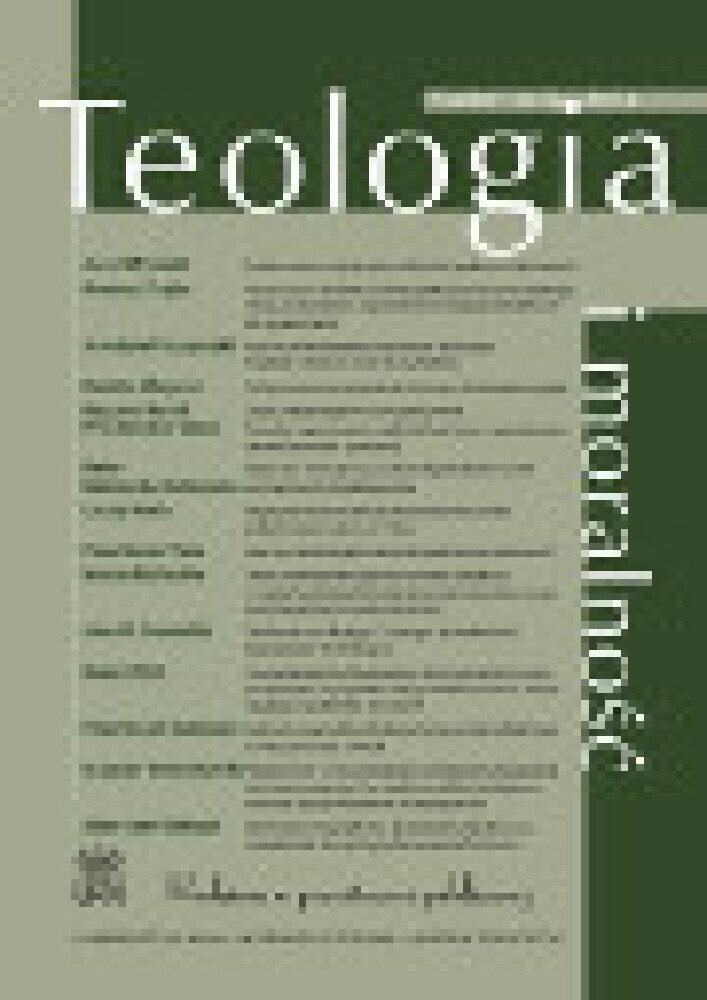Abstract
Economic and political consequences of population aging is increasingly being diagnosed in Poland and in the world, but there is lack of determination to resist this process. Economic growth and innovation are generated by people of twenty and thirty years old, whereas people of forty and fifty years old only sustain economic activity. The key to the state and local government, which receives up to 50% of the personal income tax, should be to promote family-friendly policy to maintain growth and prevent the collapse of their own finances. The decisive factor in family policy is exceeding the effect of the initial growth of the family, the result of which is expected social and economic acceleration. Unfortunately, in 2013 predominance of deaths over births was the highest in our post-war history, as the number of births decreased compared to the previous year by nearly 15 thousand., and the fertility rate in Poland is currently 1,299, which puts us at the 212th place in the classification of 224 countries of the world. The reason that less and less Poles are born is among others that people who were born in "solidarity demographic growth" are becoming older, and the fact of mass emigration abroad. Today, women of that demographic growth are over 30. Unfortunately, they can not have many children, if at all. Therefore, in order to provide in Poland simple replacement of generations, with lower number of younger people, fertility should increase threefold. It is an unimaginable task when it comes to the need to change social consciousness, but that is the direction we should constantly keep. This must be revealed by significant financial transfers for people with children or people likely to have them.
So drastic decrease in births was a result of twenty-five years of anti-family policy. It manifests itself in the fact that the maintenance of children of treated at all times as a luxury that should be taxed. Moreover, such a phenomenon is also influenced by demoralization instilled by mass media, and also widely promoted new culture of childless lifestyle. As a result, even after the signing of the Treaty of Lisbon Polish elites did not even consider the need for a pro-natalist policy, which would compensate dramatic loss of Polish importance in the European Union. Therefore, it must be feared that because of 25 years of neglect we will enter not into the debate about the need for sacrifice, but into the discussion about quality of life and a decent death - "serious" discussion about euthanasia.
To save the public finances and prevent the debate from ethically questionable discussions on euthanasia, the financial analysis should take into account the aging of the population and actively prevent the situation where we lack approx. 4 million children to the simple replacement of generations. Continuation of anti-family policy in the nearest future will lead to a situation in which
Poland will become a great home for the aged who will be neglected, a home for the aged which would be demoralized, and the lack of taxpayers will lead to the fact that there will not be enough people to fund essential needs of an aging population. It is necessary to provide an adequate response to these challenges by introducing family-friendly policies, job creation and budgeting, and these three pillars should be based on a solid foundation of Christian values. If delineated action will not occur, there is a very real danger, almost a certainty that the current flawed economic policies and the lack of family-friendly activities will result in such a high work load in Poland, that it will become unprofitable for not numerous young generation in Poland. At the same time Western countries need workers and "carers" for their old generation. They will attract Polish workers, using the fact that the richer societies will have resources for better education of their children and grandchildren. In Poland there will remain a huge group of pensioners who may not receive proper benefits. As a result of neglect, less numerous generations working in a "sandwich" generation (in the need to finance the young and the old) will be subjected to immense economic pressure. Increased workload will cause an increase in taxation, on the other hand, it will cause the pressure to reduce pension benefits and reducing the availability of health care.
References
Dmowski R., Pisma, t. 10: Od Obozu Wielkiej Polski do Stronnictwa Narodowego (Przemówienia, artykuły i rozprawy z lat 1925-1934), Częstochowa 1939.
Feliński Z.S., Pamiętniki, Warszawa 2009.
Ferguson N., Cywilizacja. Zachód i reszta świata, Kraków 2013.
Fukuyama F., The end of history and the last man, New York 1992.
Looking to 2060: A global vision of long-term growth, OECD 2014, Economics Department Policy Note.
Kagan F.W., The US military’s manpower crisis, Foreign Affairs, July/August 2006.
Goss M., Miliardy pod dywanem, „Nasz Dziennik” 7.02.2014.
Greenspan A., Era zawirowań, Warszawa 2008.
Kowalski A., 500 złotych na dziecko, „Nasz Dziennik” 21.01.2014.
Magnus G., The Age of Aging. How Demographics are Changing the Global Economy and Our World, John Wiley & Sons (Asia) Pte. Ltd. 2009.
Neville S., Allen K., UK wealth gap grows as homeowners save more but renters suffer, “Financial Times” 11.10.2013.
Persad G., Wertheimer A., Emanuel E.J., Principles for allocation of scarce medical interventions, “The Lancet” January 31, 2009.
Podstawowe informacje o rozwoju demograficznym Polski do 2013 roku, GUS, Warszawa 30.01.2014.
Rocznik Demograficzny 2013, Warszawa 2013.
Spengler O., Decline of the West, Oxford 1991.
Strzelczyk J., Wandalowie i ich afrykańskie państwo, Warszawa 1992.
The World Factbook, CIA, 28 january 2014, https://www.cia.gov/library/publications/the-world-factbook/geos/pl.html
License
All rights reserved
